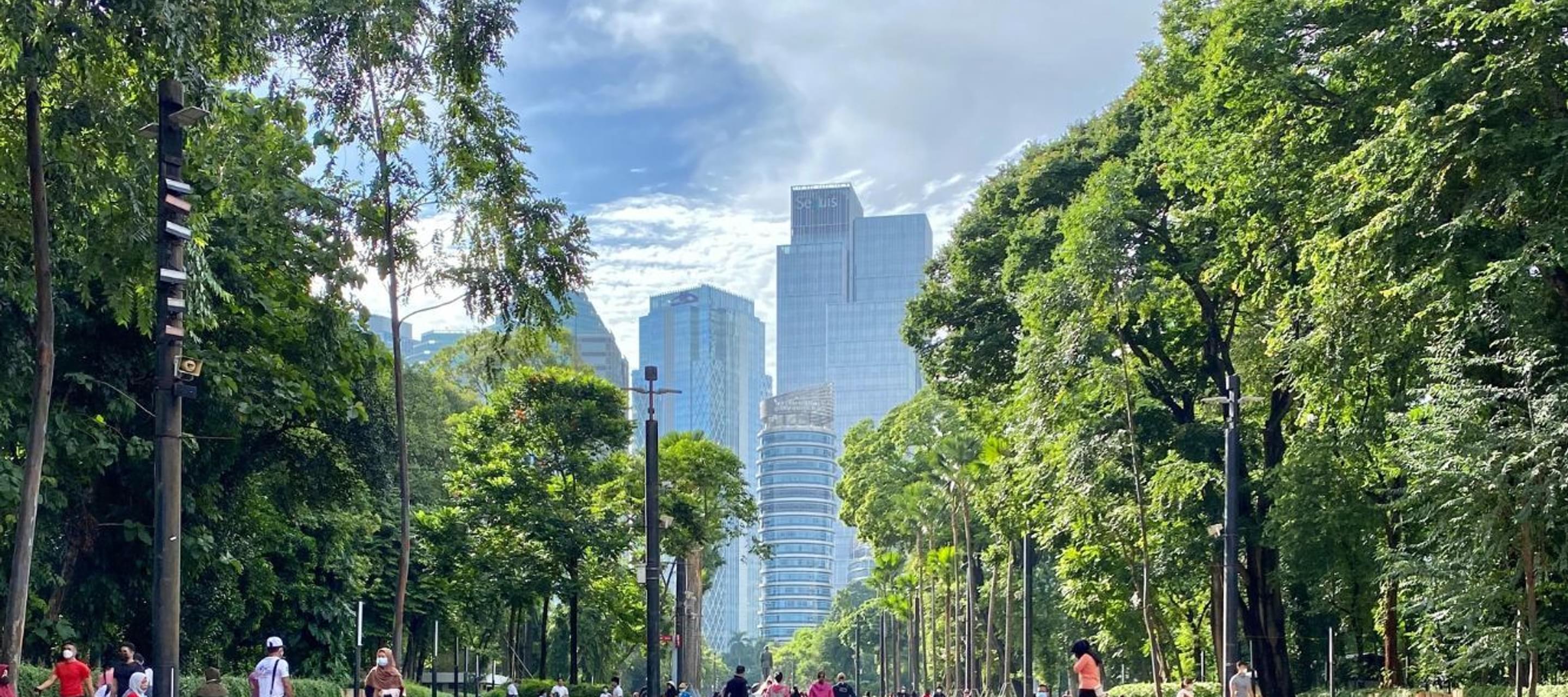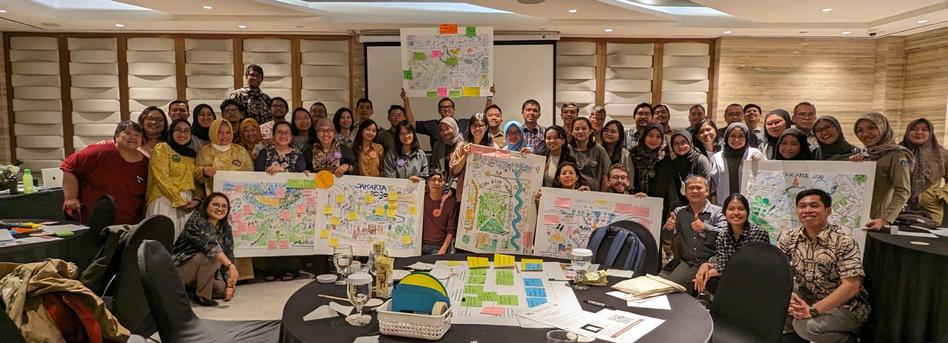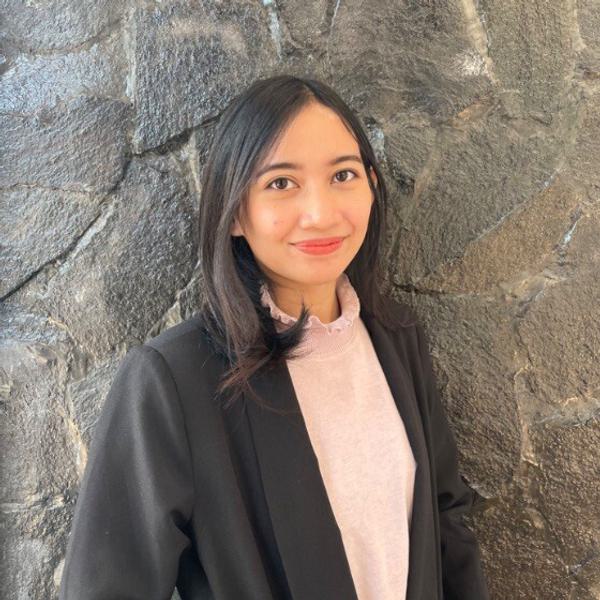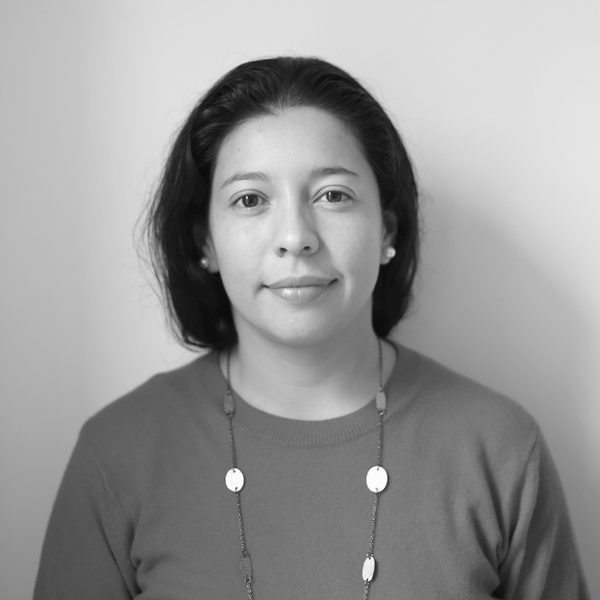Jakarta: Health and Sustainability in the Megacity
30 May 2023

Cities are often where people experience the impacts of climate change and of climate action, which can raise living costs and socio-economic inequalities.
In a series of local research cycles, IHRB is spotlighting eight cities, focusing on their built environment decarbonisation and resilience plans. This research series asks: how is each city minimising the negative social consequences of climate action, and maximising the positive impacts that built environment can have for inhabitants and the environment? And what are recommended actions from the government, investors, and the private sector?
Jakarta summary report
This study examines the extent to which current climate policies and actions in Jakarta’s built environment recognise the importance of human rights standards and commitments, and whether those with authority take appropriate steps to respect, protect, and fulfil these rights in practice. The report provides an overview of the national and local context, the human rights risks and opportunities found, and the factors that hinder or enable a just transition for workers and impacted communities in Jakarta’s built environment. The focus areas studied include the right to a healthy environment, the right to housing, non-discrimination and spatial justice, and meaningful participation in local governance and decision making.
Jakarta, and Indonesia more widely, have ambitious climate change targets, and many current built environment decarbonisation policies recognise the need to prioritise marginalised communities in engagement and delivery. However, deep social and spatial inequalities present structural barriers to effective action and, while there are some isolated examples of inclusive climate action, residents in Jakarta continue to face significant human rights risks and abuses on a daily basis, regarding the rights to a clean and healthy environment, mental and physical health, participation and non-discrimination, right to decent and affordable housing, workers’ rights, and more.
Findings revealed
- Despite a commitment to achieving net zero emissions by 2030, the critical state of the city’s built and natural environments suggests that such an ambitious goal is only attainable by making radical changes today.
- Significant efforts are required to make Jakarta a climate resilient city that respects the human rights of all its inhabitants.
- Roadblocks to progress include a lack of coordination between different government authorities, misalignment between national and local policy-making, limited capacity in local authorities, and - perhaps the most important roadblock to change - the political and cultural normalisation of the current social and environmental problems and their derived human rights violations.
- There are vital opportunities to improve human rights protections in Jakarta’s built environment and in climate action programmes. There is a crucial need to strengthen the metropolitan coordinating agency, boost communication and coordination between national and local governments across all sectors, enhance transparency, and revisit policies for the protection of environmental and human rights.
- There are already multiple and ambitious climate policies and plans at both national and local levels. What is needed are high-quality leaders and programme managers who have the heart and will to advance these policies, as well as the necessary budgets, capacities, institutions, transparency and accountability mechanisms, and human resources to implement them effectively.
Visioning workshop
The IHRB research team conducted a three-month fieldwork mission in Jakarta from July to September 2023 to investigate the status of the just transition in the city and co-create, with local stakeholders, potential pathways to strengthen social justice in climate action in the built environment, through a human rights approach.
As part of this process, IHRB partnered with ICLEI Indonesia to host and facilitate a “visioning workshop” in Jakarta on September 5th. The workshop brought together a uniquely diverse group of more than 50 built environment stakeholders including national and local government, private sector, NGOs, universities and research centres, and civil society organisations. Participants worked collectively and in smaller groups to develop a unified vision for a just and sustainable Jakarta for 2050.

Cities of the future
Visions for a just and climate-resilient built environment
We commissioned young artists in Jakarta, Prague, Copenhagen, Lagos, Lisbon and Melbourne to bring the visions of a fairer, greener future for each city to life through visual art pieces that can serve as a unifying vision for a locally-grounded, fairer transitions.

Jakarta Artwork by Syifa Hykmanto
The Building for Today and the Future Project
These research summaries are part of The Building for Today and the Future project, which benefits from guidance and insights from its thematic partners including ICLEI - Local Governments for Sustainability, Building and Woodworkers International, and the International Union of Tenants.
The Building for Today and the Future project is made possible with support from Laudes Foundation and Ove Arup Foundation.








